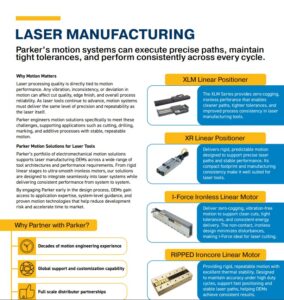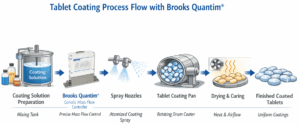Dan Potter | May 20th, 2016
Hydraulic shock and noise issues are common in many high pressure hydraulic systems. Hydraulic shock is typically caused by a rapid, momentary pressure rise when the hydraulic fluid is started or stopped too quickly. Hydraulic shock can also occur when oil in large bore cylinders decompresses too quickly, causing high pressure oil to rapidly discharge to the hydraulic reservoir.
To combat hydraulic shock, one of the tools available to the hydraulic designer is soft shift control valves. Soft shifting can be defined as hydraulically dampened movement of a hydraulic spool or poppet on a hydraulic control valve. Soft shifting increases the amount of time it takes to shift a hydraulic valve spool, thereby controlling the velocity of the fluid during the shift time of the valve. Typical direct operated spool valves shift in 15-20ms; soft shiftingcan increase the shift time to 600ms or more.
In spool type valves, spool metering notches are critical to dampening the shift. Also known as “metering” spools, these notches allow precise control of the primary valve flow, during the time that the spool is being shifted. Orifices are used to meter oil out of the solenoid armature chamber, which allows for longer shift time, and more control of the spool shift.
Soft shifting on two stage directional control valves is achieved by using orifices fitted between the pilot stage and main stage of the control valve. These orifices control the main stage spool shift time by metering oil on each side of the main stage spool.

In applications that use poppet style valves (such as DIN cartridge valves), the use of orifices allow the designer to customize the shift time of the poppet. With this arrangement, shifting flow is controlled on one side of the poppet, allowing the primary flow to be metered at an appropriate rate.
The use of soft shift valves can have the following benefits:
- Extend life of the hydraulic system components
- Reduce noise when shifted
- Smoother control of actuators
- Reduces water hammer effect, which increases the longevity of machine piping (especially where hard plumbing exists), reducing leaks
- Reduces pressure spikes, which may help mitigate mechanical damage to machines
Soft shift versions of solenoid directional valves are a low cost alternative to proportional control valves. Soft shift valves are primarily used for on / off (forward / reverse) type applications.
Applications that are well suited for soft shift valves:
- Trash Balers and Compactors
- Reduce noise and pressure spikes from decompression when main baler cylinder is retracted (External load is induced on baler cylinder when trash is compressed; load must be “relieved” when cylinder is retracted)
- Conveyors
- Smooth shifting is critical so that conveyed material is not shaken from the conveyer belt
- Better control of “Load Acceleration”
- Swing Drives on Mobile Equipment (Cranes, etc.)
- Smooth shifting is critical for positioning and operator comfort
- Fork Lifts (start / stop on fork raise and lower)
- Smooth control is required so that the material being lifted does not get jolted from the forks
- Soft shift reduces lunge and shock when shifting the valve to control the forks and carriage









